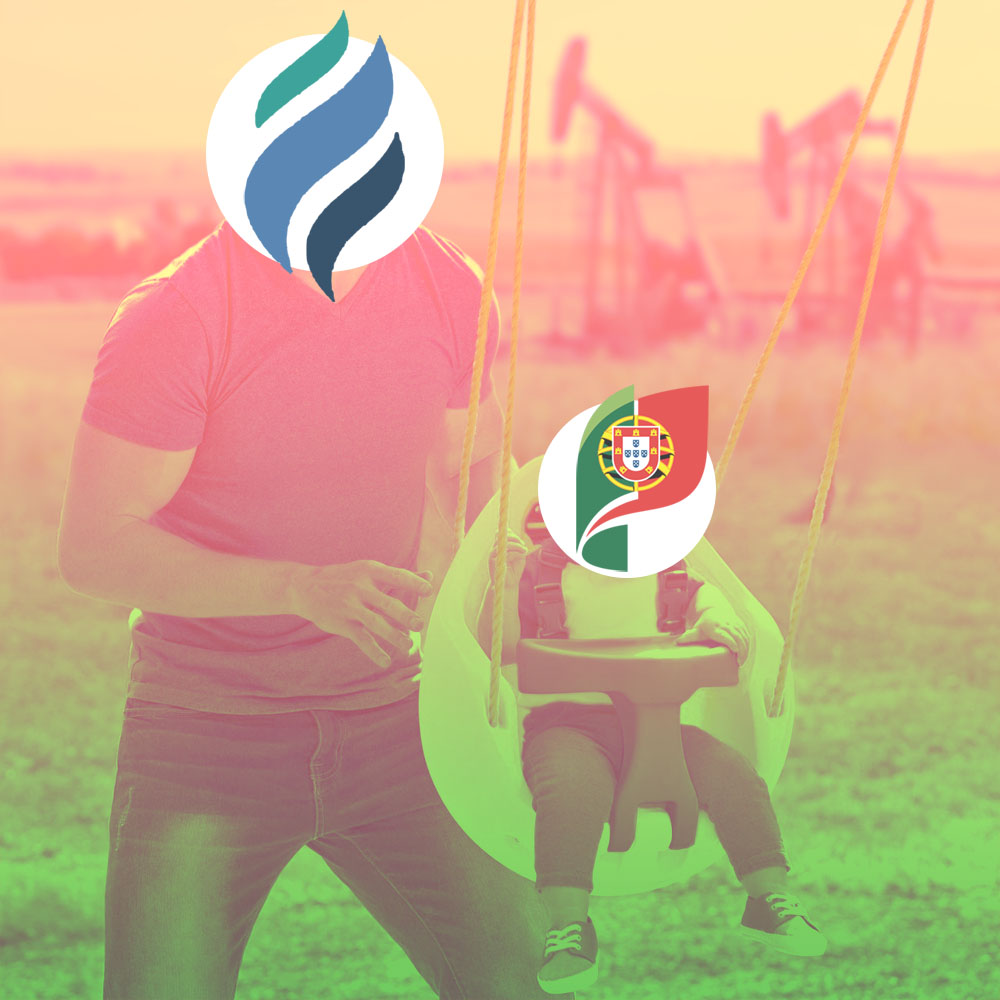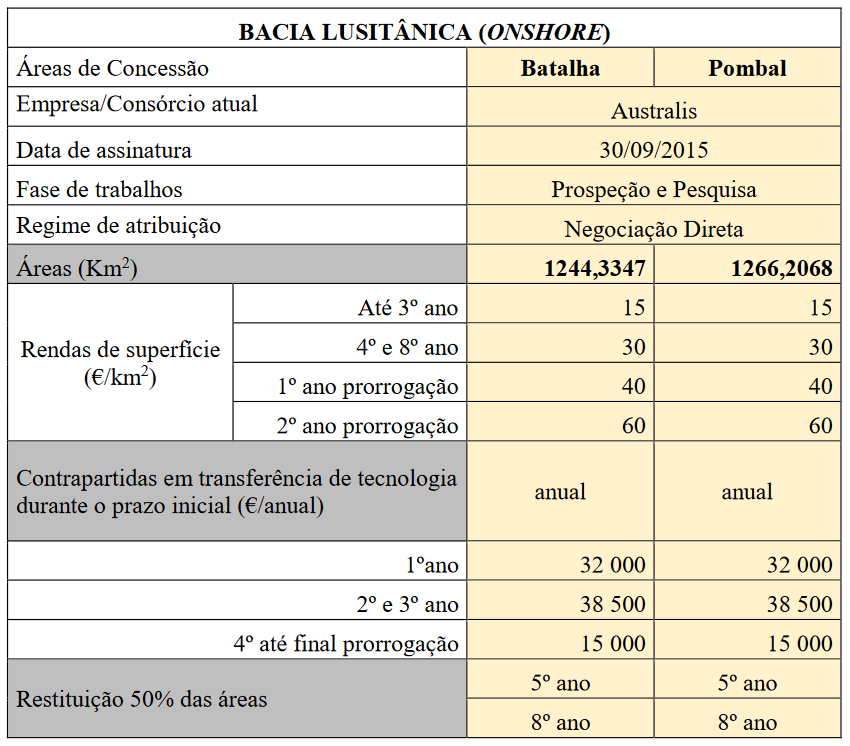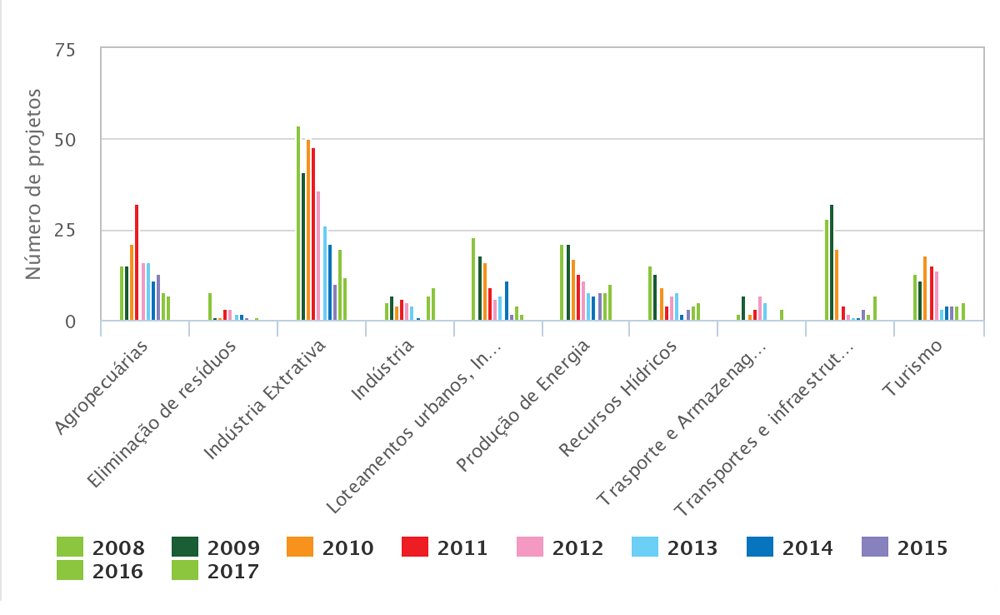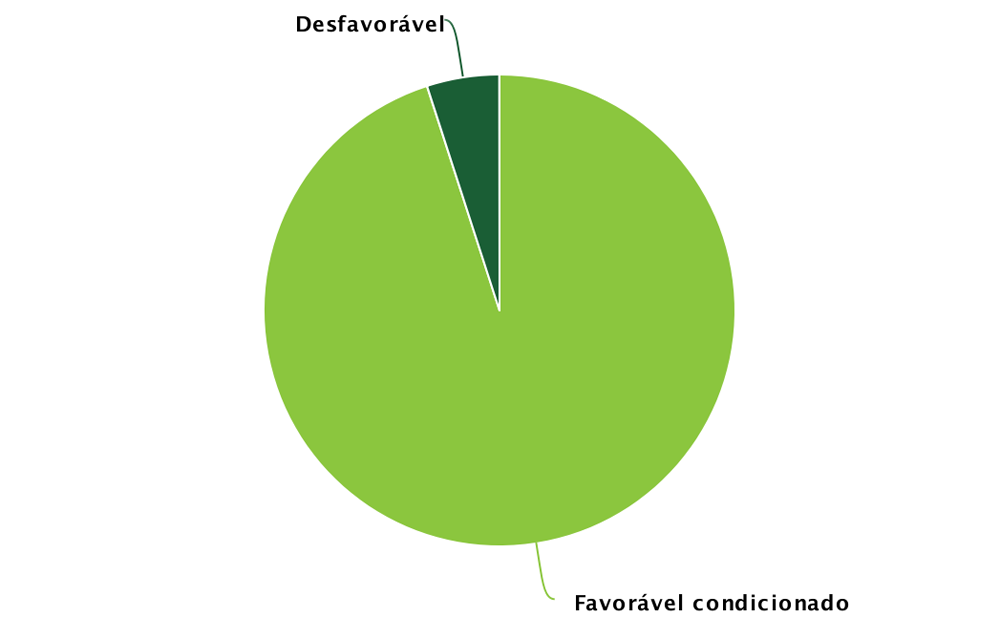Portugal // Licensing to drill in Aljubarrota and Bajouca continues~ 5 min

The license requests for prospection in Aljubarrota and the Bajouca area are moving forward. These are two of the license requests made by Australis Oil & Gas for the center zone, as part of the concession contracts it signed with the State in 2015. This was a direct negotiation, as provided by the law (article 8º/nº2, line c) of Law-decree n.º 109/94). Arguing for the higher economic interest and a right to know its own resources, the State accepted Australis’ proposal. The negotiation was thus concluded, never taking the population’s desires into account – democracy as usual.

The law which would force the government to inform local and decentralized powers about these government executed contracts arrived later, in 2017 (Law nº 82/2017, August 18). Only then were counties informed of Australis’ interest in moving forward with prospection; the first of four phases mandated by the hydrocarbon prospection contracts as provided by Law-decree n.º 109/94.
Even taking into account the changes to the law, some of the counties were taken by surprise when finding out about the license requests. Not that knowing about them would do them any good, as the procedure doesn’t allow counties to oppose the concession contracts or even the license requests. As such, they are mere spectators of negotiations at the central democratic level.
As of this moment, contradicting the information communicated by the Portuguese Agency of the Environment (APA) on July 5 of this year, the administrative procedure hasn’t restarted. Australis opted to skip the prior appreciation phase for subjection to an environmental impact evaluation, which is mandatory for prospection activities in non-sensitive areas and using conventional methods (article 3º of the Environmental Impact Evaluation Legal Regime or RJAIA).
Instead, Australis came forward to preemptively request an impact evaluation of its hydrocarbon exploitation project. It thus avoids social protest; nobody will be able to complain about the lack of an Environmental Impact Study (EIA) – something which generated a polemic during the Aljezur prospection licensing procedure. If not for social protests and the success of PALP’s (Algarve Free from Petroleum Platform) judicial precautionary measure, the Aljezur drill would have already begun without the company ever having to submit an environmental impact evaluation of its prospection activities.
However, the concession contracts present in the Energy and Geology Directorate-General’s (DGEG) website remain active, as do the court cases relative to them, as communicated today by PALP in a press-release. The consortium had previously said it was “abandoning the project”.
The prior appreciation phase to which Australis was previously subjected resulted in an APA communication instructing Australis to present more accurate information regarding the drill site. This was a curious lapse for a company with so many experienced professionals. Australis followed APA’s recommendations, completed its report and presented a scope definition proposal (PDA) (Article 12º RJAIA), dated September 6.
By skipping the previous appreciation phase, Australis is proposing itself for subjection to an Environmental Impact Evaluation (AIA) procedure. Furthermore, the company even went to the trouble of organizing private clarification sessions in the city of Leiria; the Center Movement against Gas Exploitation used these events to protest the lack of transparency and the confusion surrounding the whole process.
Said Center Movement also organized a clarification session in Bajouca on October 30. Of the circa 400 people who participated, most did not know that an Australian company wishes to drill next to their homes.
The AIA procedure includes an EIA appreciation phase and ends with the issuing of an Environmental Impact Declaration (DIA), which produces a license in the case of a favorable or conditionally favorable decision. This procedure is used to identify, predict, evaluate and mitigate any relevant impacts (biophysical, social and others) of the project, but also to identify the impacts of climate change on the project itself – one of the innovations brought by the 2017 law. According to the 2018 Environmental Report, extractive industries lead the way in Portugal on the number of projects submitted to AIA during 2008-2017.

Out of all the projects submitted to AIA during the same time period – not only in extractive industries – only 5% resulted in an unfavorable DIA. Meaning, out of 765 projects submitted to evaluation, only 38 did not receive a license.

This might be the reason why Australis has decided to deliver a Scope Definition Proposal (PDA) to APA (the AIA authority in such a case): an optional phase, dependent on the company’s initiative and to be followed by the AIA phase. This PDA was even subject to a public consultation, something which wasn’t required during this phase. Such a move is probably aimed at calming public discontent and create the impression of public participation.
The non-binding public consultation report must have already headed to the APA constituted Evaluation Commission for this phase. It will then be APA’s turn to decide, within the time limits defined by law and based on the Commission’s opinion, which information should be integrated into the EIA to be appreciated and discussed during the AIA procedure. This phase of the PDA allows the company to scout the political terrain and take precautions, to the delight of those who think that the environment is safeguarded simply because an EIA exists.
From the moment a decision is emitted regarding the EIA’s scope definition, it will be valid for the period of two years, during which the AIA procedure can be initiated. Nothing is guaranteed in this kafkian process to which we are mere spectators.




